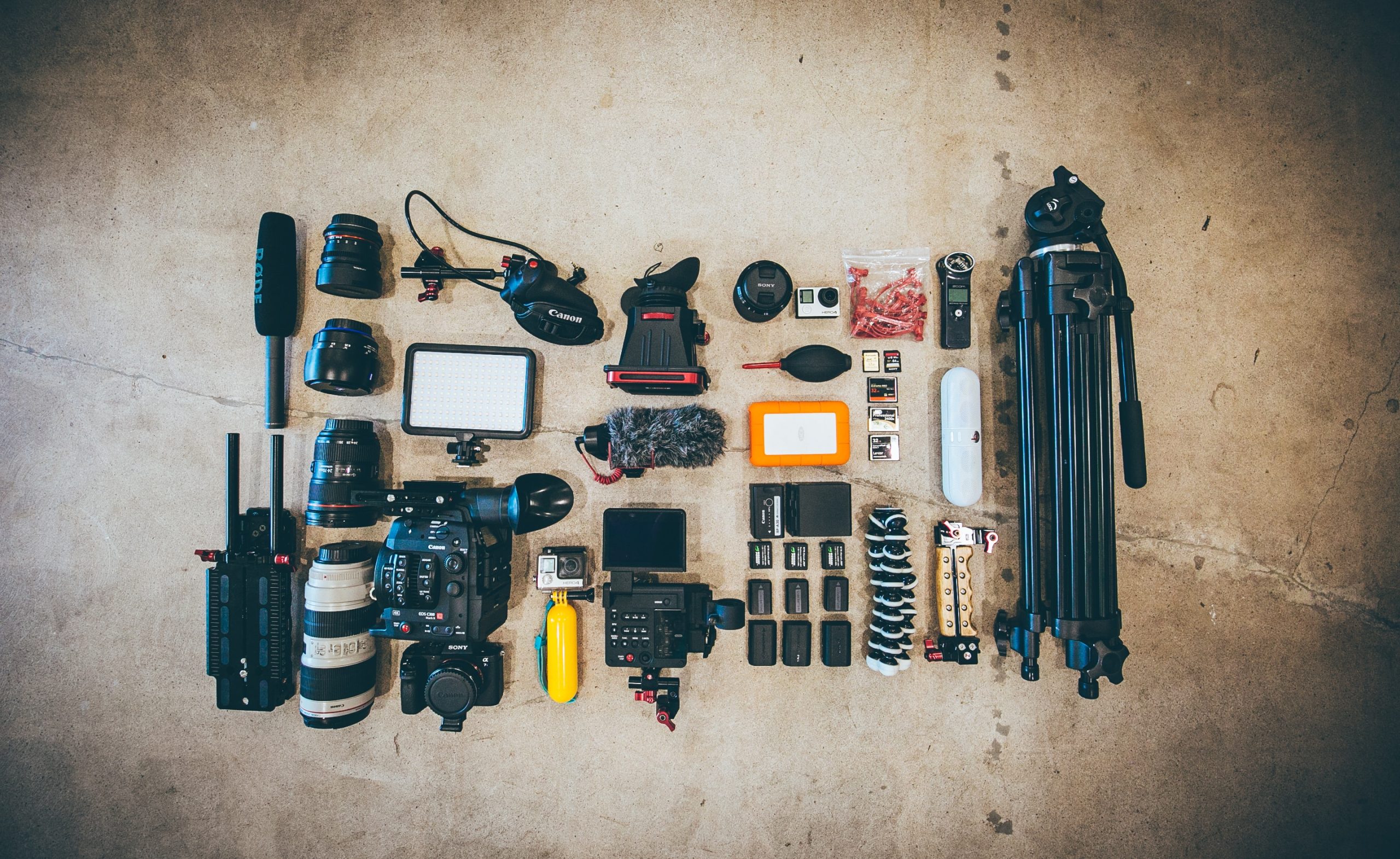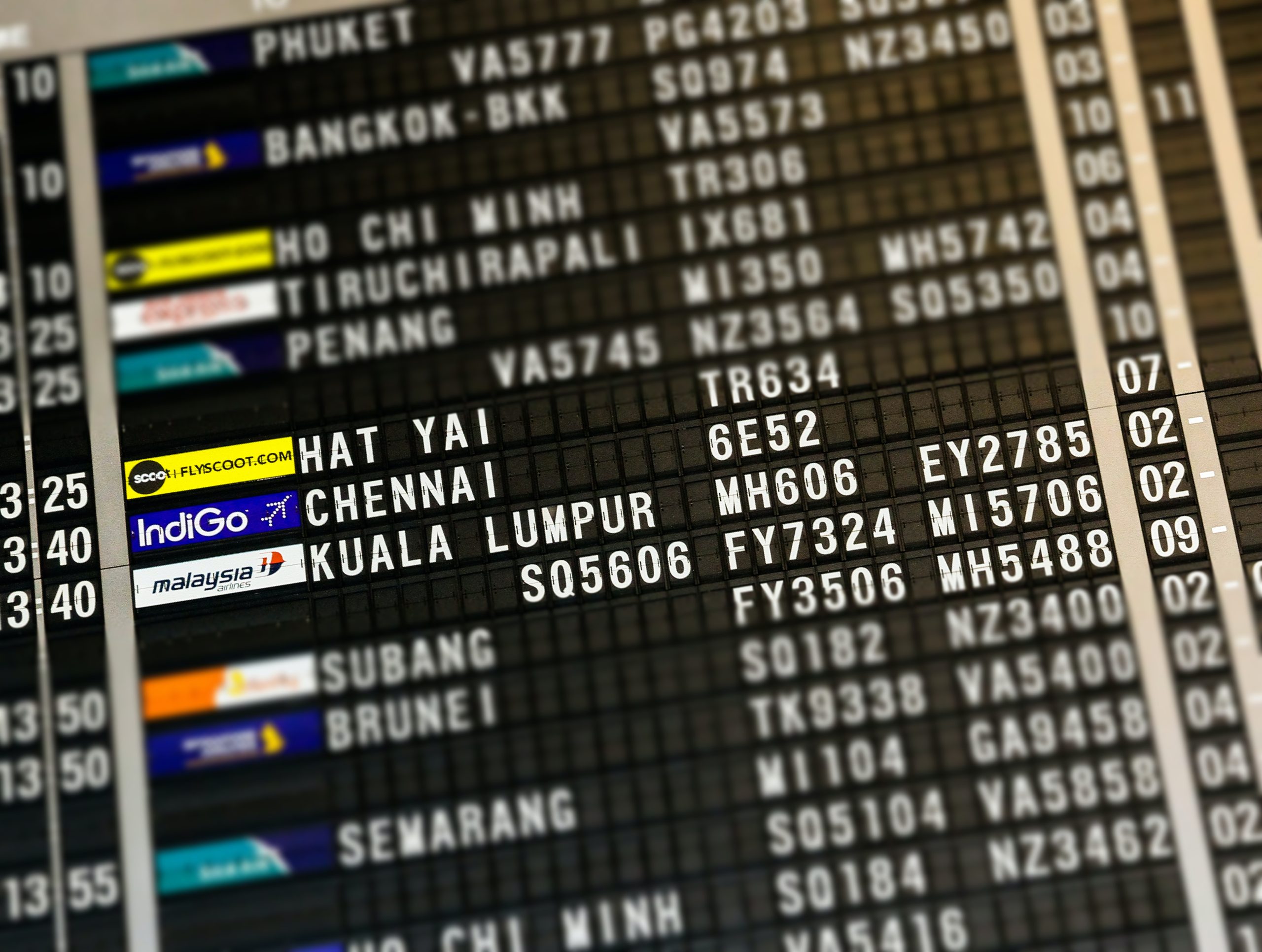Don’t be so eager to sign up for that pottery class or buy that fancy new camera just yet, yeah?
2024’s barely getting started, so take it slow. All those New Year resolutions to pick up new hobbies can end up costing you a pretty penny if you don’t do your sums properly.
Before you get carried away by those introductory offers and promotions, sit down and think it through carefully. Those purchases aren’t going to pay for themselves.
While it’s good to try new things, don’t end up with hobby regret because you didn’t realize how much time, money, and commitment it would all take. New hobbies often require ongoing costs to stay invested in them long-term.
Do your research, set a budget, and be realistic about whether you will still be as enthusiastic about it in a few months. FOMO is real but your wallet will thank you for not jumping into anything too quickly.
The hidden costs of hobbies
Picking up a new hobby for the new year sounds exciting, but don’t jump in blindly!
Many hobbies require more moolah than you expect. Think it through, otherwise your wallet will kena robbed before you know it.
First up, we have the initial investment. This includes the equipment, gear, or instruments you need to get started, as well as any learning materials or class fees.
Photography, for example, needs a decent camera, lenses, filters, and editing software. Learn-to-dance-from-scratch classes or art lessons don’t come free either. Factor in these first costs before committing to a hobby.
Then there are the ongoing costs to maintain it. Things like replacement parts, new accessories, tools, or materials that you will keep buying.

Image Credits: unsplash.com
A musical instrument needs new strings or reeds, sports gear needs new balls or shuttlecocks. Don’t forget recurring fees like gym memberships and subscription services.
Also consider the time you’re spending, which has an opportunity cost. The hours put into your hobby could have been used to rest, spend with loved ones, or work freelance. If your hobby starts eating into time for responsibilities, it may not be sustainable in the long run.
Last but not least, hobbies often expand into more advanced and expensive levels as your interests and skills grow over time. You start with basic equipment but soon want higher quality, professional-grade gear.
Casual rock climbing turns into a need for your ropes, harnesses, and anchors. An amateur drone becomes a high-performance aircraft with an expensive camera. Be prepared for your hobby to cost more as you get more serious!
Think through not just the fun parts, but also the financial and time commitments needed to keep it going in the years ahead. That way, your hobby will bring you joy for the long term instead of draining your resources quickly and fizzling out.
How to evaluate long-term costs before picking a hobby
- Equipment and supplies
The starting costs are usually the most obvious. A new hobby means new stuff to buy, right? But don’t forget things like upgrades, replacements, and maintenance. If it’s a sport, factor in costs for proper attire and safety gear. For creative hobbies, think about the ongoing cost of materials. Do some research online to determine the rough costs of essential equipment and supplies.
- Space and storage
Next, consider if you need a dedicated space for your hobby and if you have room for the required storage. Renting a studio or garage can quickly increase costs. And if it’s an activity that creates a product, like woodworking or quilting, you will need space to store materials and your creations.
- Membership and facility fees
Many hobbies also have recurring membership or facility fees. Things like gym memberships, club dues, pool or court time, etc. Find out if there are annual, monthly, or per-use fees to participate and factor those in.
- Travel expenses
Don’t forget additional costs if your hobby requires travel to events, competitions, conferences, or training. Fuel for road trips, airfare, and hotel stays can add up over time. Think about how often you may need to travel for your hobby and estimate those expenses.

Image Credits: unsplash.com
So you see, picking up a hobby is not so simple. It’s good to sit down and think properly about how much everything going to cost you in the long run. If not, you will be rudely shocked by how much money is spent, and then end up having to give up halfway. A new year is coming, and it’s normal to think of starting a new venture with good intentions. But good intentions are not enough, one must have good planning also. So do your sums, check your budget, and see how much you can afford to spend on this hobby of yours before diving in. If the math doesn’t work out, the answer’s pretty clear.

